#Emmanuel Machuel
Explore tagged Tumblr posts
Text










Money (Robert Bresson, 1983).
32 notes
·
View notes
Text
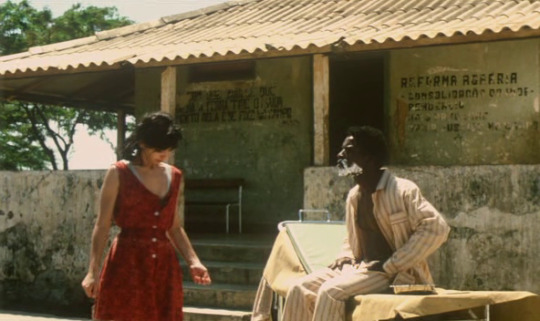
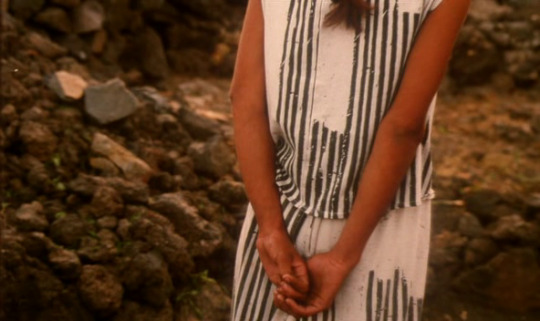
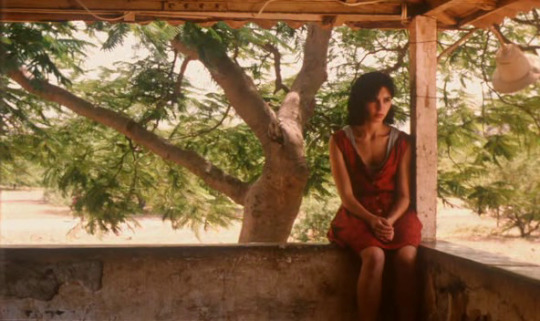


CASA DE LAVA, PEDRO COSTA [1995]
#casa de lava#pedro costa#great directors#heroes#portuguese film#cinema#movies#film#Pedro Hestnes#Inês de Medeiros#Isaach de Bankolé#Raul Andrade#Édith Scob#Isabel de Castro#Cape Verde#Emmanuel Machuel#Mount Fogo
28 notes
·
View notes
Text
A Pele - Filmes sobre Fotografia

https://youtu.be/oHsFM1neiG8 "A Pele", dirigido por Pedro Costa e lançado em 2006, é um filme aclamado que utiliza a fotografia de maneira excepcional para criar uma atmosfera única e imersiva. A obra retrata a história de Ventura, um imigrante cabo-verdiano que vive em Lisboa, Portugal, e passa por dificuldades após ter sido abandonado por sua esposa e perder seu emprego. A fotografia desempenha um papel fundamental em "A Pele", pois é usada de maneira magistral para transmitir as emoções e a realidade de Ventura. O diretor de fotografia, Emmanuel Machuel, trabalha com uma estética meticulosa, capturando cada cena em tons escuros e sombrios. Essa abordagem cria uma atmosfera melancólica e intimista, ampliando a sensação de isolamento e desamparo do personagem principal. Machuel também faz uso de longos planos fixos e composições simétricas, o que confere uma sensação de contemplação e tempo suspenso. Essa escolha estética permite ao espectador mergulhar profundamente na história e nos detalhes sutis da vida de Ventura. Além disso, a fotografia em "A Pele" também é usada para iluminar as características físicas e expressões faciais dos personagens, destacando sua individualidade e transmitindo seus sentimentos mais profundos. Cada frame é cuidadosamente composto, com uma atenção meticulosa aos detalhes, criando uma narrativa visual poderosa e evocativa. Em suma, "A Pele" utiliza a fotografia de forma magistral para contar uma história comovente sobre o isolamento e a luta de um imigrante. A estética sombria e contemplativa proporciona uma experiência cinematográfica única, reforçando a importância da fotografia como uma forma de expressão artística e narrativa. Read the full article
0 notes
Photo

Christian Patey in L'Argent (Robert Bresson, 1983)
Cast: Christian Patey, Vincent Risterucci, Caroline Lang, Sylvie Van den Elsen, Michel Briquet, Béatrice Tabourin, Didier Baussy, Marc Ernest Fourneau, Bruno Lapeyre. Screenplay: Robert Bresson, based on a story by Leo Tolstoy. Cinematography: Pasqualino De Santis, Emmanuel Machuel. Production design: Pierre Guffroy. Film editing: Jean-François Naudon.
When does style become mannerism? And why is it that style is generally thought of as a good thing, and mannerism is often a pejorative? I found myself pondering these questions while watching Robert Bresson's last film, L'Argent. Bresson is one of the directors I most admire, so my first impulse is to admire L'Argent as a superb example of Bresson's austere style: his willingness to let the audience decide what's going on within the characters by restraining his actors' displays of emotion, the simplicity of his mise-en-scène, his use of ambient sound to do the job that other directors rely on musical scores to accomplish. He has a fascinating premise to explore in L'Argent, which he adapted from a story by Tolstoy: the horrible repercussions of the passing of a counterfeit bill by some schoolboys. They spend the bill in a photography shop, buying a picture frame mainly to get some real money in change. When the fake bill is discovered, the shop owner passes it off in payment to Yvon (Christian Patey), the young driver of a heating-oil delivery truck. When Yvon is arrested for passing counterfeit money, he identifies the clerk at the photography shop, Lucien (Vincent Risterucci), who gave him the money. But Lucien perjures himself, saying he had never seen Yvon before, so Yvon is convicted. Though he's given a suspended sentence, he loses the job that he needs to support his wife and small daughter. Unable to find work, he agrees to act as the getaway driver for an acquaintance who's robbing a bank, but is caught and thrown into prison. Life in prison does him no good, especially after he learns that his daughter has died of diphtheria and his wife has decided to start a new life. When he lashes out at a fellow inmate he is thrown into solitary. He attempts suicide, but survives and returns to prison where he finds that Lucien is also an inmate, having robbed the photography store and become rich through various forms of larceny. Embittered, Yvon serves out his term and is released, but he continues his descent into criminality, murdering the keepers of a small hotel and robbing them, and finally finding shelter with an elderly woman (Sylvie Van den Elsen), whom he also murders, along with her entire household. At the end, he confesses and is returned to prison. Bresson's dry, understated telling of this story gives it a kind of dreamlike matter-of-factness that a more florid and violent version couldn't achieve. But there are also moments when you become aware of the way Bresson is telling the story, moments in which, I think, style becomes mannerism, especially if you've seen enough Bresson films to recognize his particular way of dramatizing events. For example, there is one scene in which the camera focuses on a passageway in the Paris Métro: What we see for a long time (perhaps only seconds, but it feels longer given our natural impatience to want things to happen in a movie) are the foot of a stairway, the concrete floor and tiled walls, and the beginning of a passageway to the trains. Bresson holds on this empty space as we hear the train arrive and the doors open and people make their way toward the space, through it, and up the stairs past us. He stays on the space until people -- they are Lucien and two of his friends -- come down the stairs past us and enter the passage. We hear the train doors close and the train depart, and only then does Bresson cut to the platform and the train entering the tunnel. It's a moment of no real narrative importance, but Bresson's holding us there as it happens crafts a kind of suspense, a kind of anxiety of the quotidian that informs the entire film. The only problem I have with the scene is the way it sticks in my memory as an inflection of style. And remembering this moment at the expense of others more important to the theme and narrative of L'Argent makes me think of it as mannered. While it's still a fascinating and challenging film, Bresson's deadpan actors and his focus on emptiness lend themselves easily to caricature and parody, and I think he carries them too far in L'Argent, never finding the balance that make his masterworks -- Diary of a Country Priest (1951), A Man Escaped (1956), Au Hasard Balthazar (1966) -- such essential films.
1 note
·
View note
Photo
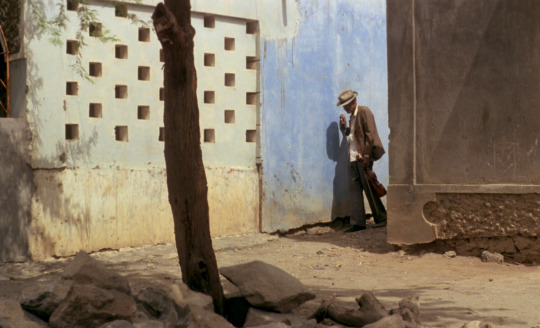
#Casa de lava#Down to Earth#Pedro Costa#1994#Ethnofiction#Drama#Emmanuel Machuel#Cape Verde Islands#Inês de Medeiros#Isaach De Bankolé#portuguese drama film#portuguese cinema#arthouse#violinist#Portugal
10 notes
·
View notes
Photo

Movie #72 of 2020: Ossos
Programmed and broadcast by the fine folks at CathodeTV
https://www.twitch.tv/cathodecinema
https://www.instagram.com/cathodecinema/
1 note
·
View note
Photo
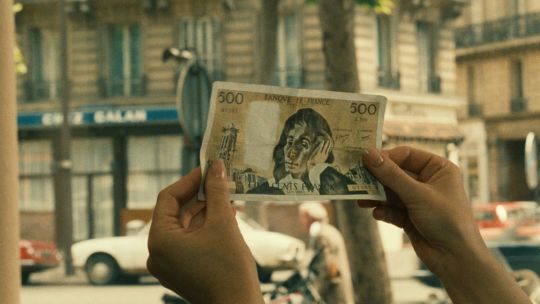
I thought dishonest people could get along.
L'Argent, Robert Bresson (1983)
#Robert Bresson#Christian Patey#Vincent Risterucci#Caroline Lang#Sylvie Van den Elsen#Michel Briguet#Béatrice Tabourin#Didier Baussy#Marc Ernest Fourneau#Bruno Lapeyre#Pasqualino De Santis#Emmanuel Machuel#Jean François Naudon#1983
1 note
·
View note
Photo
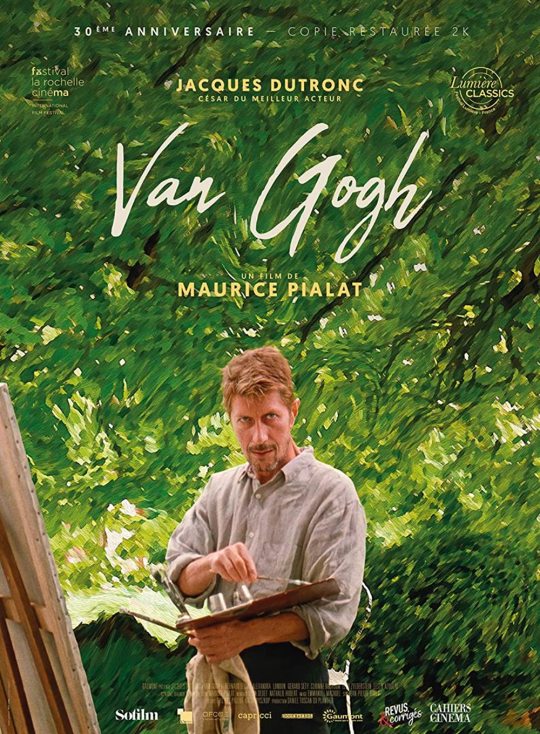
#maurice pialat#drama#france#1991#1990s#biography#daniel toscan du plantier#studiocanal#gaumont#capricci#gilles henry#emmanuel machuel
0 notes
Photo
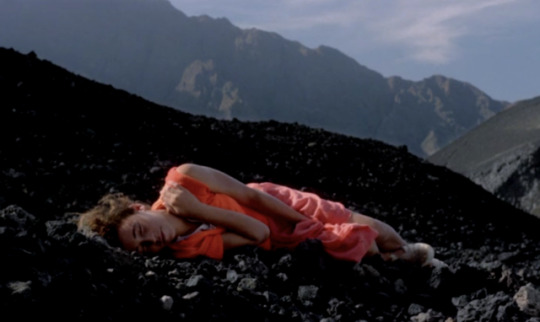
Casa de Lava (1995) dir. Pedro Costa
#down to earth#casa de lava#pedro costa#cinematography#emmanuel machuel#portuguese cinema#ines de medeiros#cape verde#film stills#movies#girl#aesthetic
933 notes
·
View notes
Photo

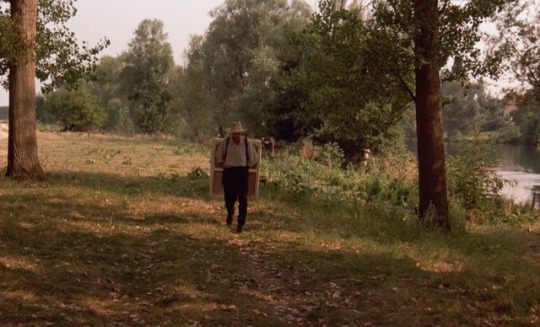

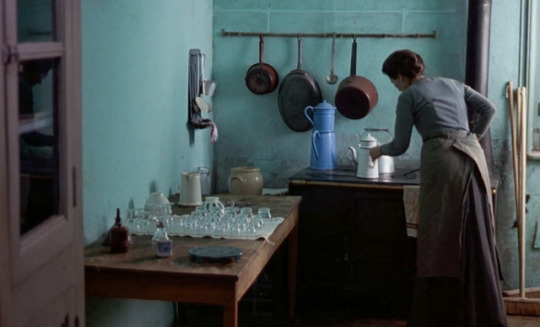


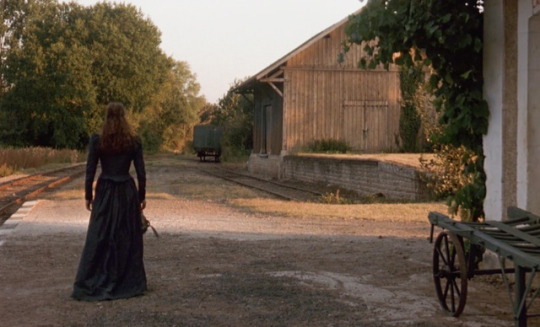
Van Gogh (1991) - Framing & Painting
Maurice Pialat / Gilles Henry et Emmanuel Machuel
#Gilles Henry#Emmanuel Machuel#maurice pialat#van gogh#framing#painting#1991#1990s#movie#film#cinema#cinematography#cinematographer#art#france#french#pialat#oise#jacques dutronc#alexandra london#corinne bourdon#Leslie Azzoulai
164 notes
·
View notes
Photo
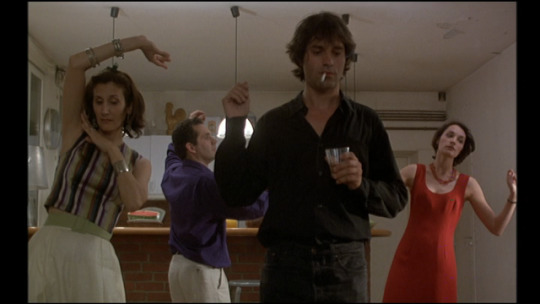
J'ai horreur de l'amour, Laurence Ferreira Barbosa (1997)
Cinematography: Emmanuel Machuel | France
#I can't stand love#I hate love#J'ai horreur de l'amour#Laurence Ferreira Barbosa#Jeanne Balibar#French Cinema#Female Directors#Groups#Dance#Smoking#Alcohol#1997
2 notes
·
View notes
Text
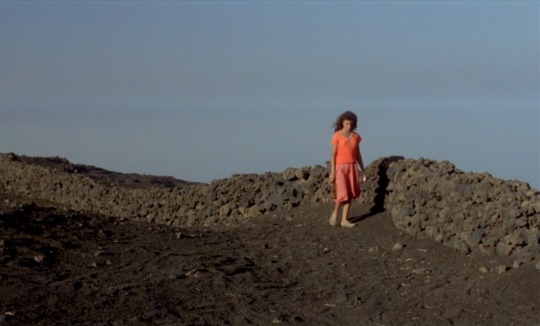

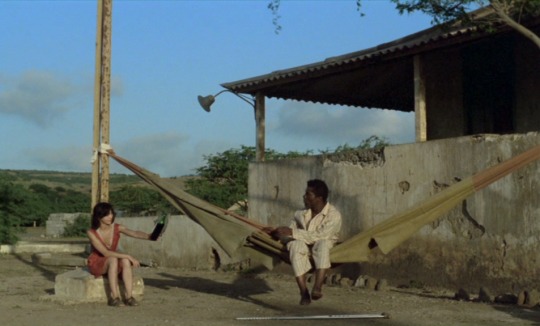
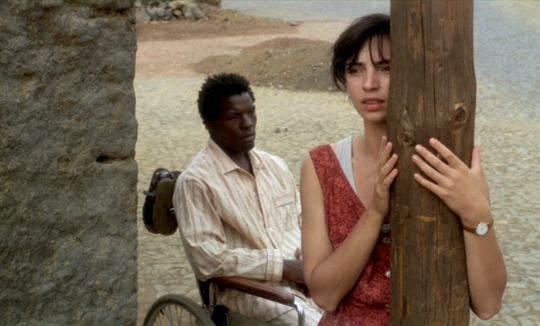


CASA DE LAVA, PEDRO COSTA [1995]
stills by FILMGRAB
#casa de lava#pedro costa#great directors#heroes#portuguese film#cinema#movies#film#Pedro Hestnes#Inês de Medeiros#Isaach de Bankolé#Raul Andrade#Édith Scob#Isabel de Castro#Cape Verde#Emmanuel Machuel#Mount Fogo
18 notes
·
View notes
Text
Purpose & the Shared Road to Recovery Focus of 5th Sustainable Retail Summit
The Consumer Goods Forum (CGF) will be hosting its annual Sustainable Retail Summit (SRS) on 15th and 16th October. In light of the global health crisis, the leading sustainability event will be held virtually this year, respecting the safety of the CGF’s global community while continuing to drive meaningful change—together.
Following four successful previous editions, this 5th SRS focuses on how the consumer goods industry can build a better normal as global populations continue to grapple with their health and the impact of climate change. Covering topics like food waste, health and wellbeing, plastic waste, deforestation, forced labour, trust, transparency and supply chain management, the SRS will also provide further insights into the CGF’s Coalitions of Action, which were launched earlier in 2020, as part of a global strategy to help its members drive more impactful collaborations that benefit both people and planet.
The theme of this year’s two-day event is ‘Purpose and the Shared Road to Recovery: Building Resilience Through Forward-Thinking Leadership’ and is home to an excellent line-up of speakers, including:
Agnes Kalibata, UN Secretary-General for the 2021 Food Systems Summit
Didier Reynders, European Commissioner for Justice
Alexandra Cousteau, Ocean Activist - Head of Oceans 2050 and Senior Advisor to Oceana
Emmanuelle Maire, Head of Unit ‘Sustainable Production, Products and Consumption’, Directorate General for the Environment, European Commission
Lord Mark Price, Founder of Engaging Works and Engaging Business, Former MD of Waitrose
Denis Machuel, CEO, Sodexo
Malina Ngai, JP, Group Chief Operating Officer, A.S. Watson Group, Chief Executive Officer, A.S. Watson (Asia & Europe) Ltd.
Lauren Richardson, Chief Procurement Officer, Colgate-Palmolive
Takkaki Nishii, Representative Director, President & CEO, Ajinomoto Co., Inc.
Sarah Smith, Senior Manager, Global Sustainability, Kellogg Company
Natalie Knight, Chief Financial Officer and member of the Management Board, Ahold Delhaize
Helena Leurent, Director General, Consumers International
Wai-Chan Chan, Managing Director, The Consumer Goods Forum said, “The Sustainable Retail Summit is a key event for members and non-members of the CGF, as it covers all areas of sustainable business. It is the perfect platform to bring leaders together to address issues that will have an impact on business and consumers in building a more sustainable, healthy future. It is unfortunate we cannot meet in person this year, but we are happy our programme and speaker line-up will have the same level of quality as in past editions. We hope you will find it fruitful and we look forward to welcoming you”.
Join us in October to hear from internationally renowned speakers, join on-demand sessions, live keynotes and Q&As, online networking spaces and visit the virtual exhibit booths. View the Programme and register today to join the conversation and be a part of an unmissable community of change-makers stepping up to the challenge, for a sustainable, healthier tomorrow.
To follow all the latest news on the Sustainable Retail Summit, follow us via the #SRS2020 hashtag.
---Ends---
About The Consumer Goods Forum
The Consumer Goods Forum (“CGF”) is a global, parity-based industry network that is driven by its members to encourage the global adoption of practices and standards that serves the consumer goods industry worldwide. It brings together the CEOs and senior management of some 400 retailers, manufacturers, service providers, and other stakeholders across 70 countries, and it reflects the diversity of the industry in geography, size, product category and format. Its member companies have combined sales of EUR 3.5 trillion and directly employ nearly 10 million people, with a further 90 million related jobs estimated along the value chain. It is governed by its Board of Directors, which comprises 58 manufacturer and retailer CEOs. For more information, please visit: www.theconsumergoodsforum.com.
For further information, please contact:
Lee Green Director, Communications The Consumer Goods Forum [email protected]
source: https://www.csrwire.com/press_releases/45777-Purpose-the-Shared-Road-to-Recovery-Focus-of-5th-Sustainable-Retail-Summit?tracking_source=rss
0 notes
Photo

#Casa de lava#Down to Earth#Pedro Costa#1994#Ethnofiction#Drama#Emmanuel Machuel#Cape Verde Islands#Inês de Medeiros#Isaach De Bankolé#portuguese drama film#portuguese cinema#arthouse#volcano#active volcano#volcanic eruption
9 notes
·
View notes
Photo
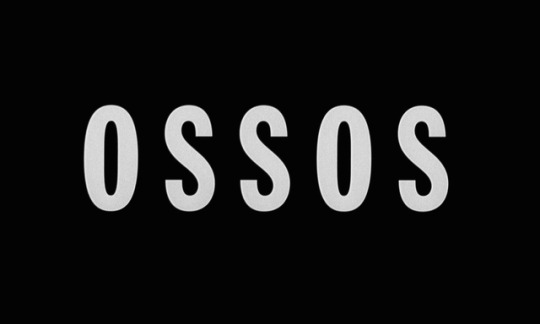

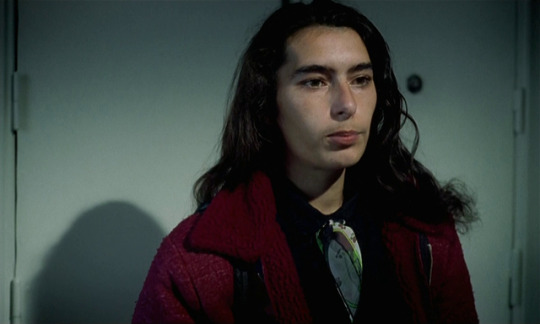

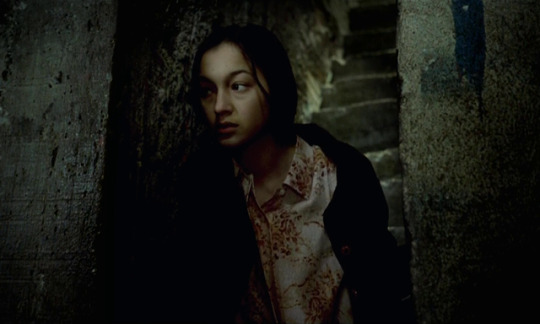


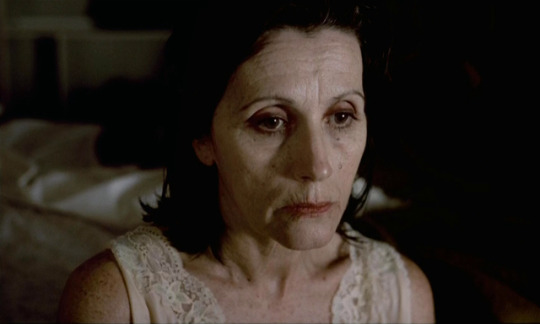
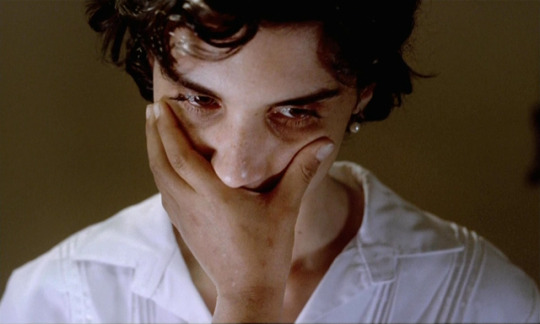
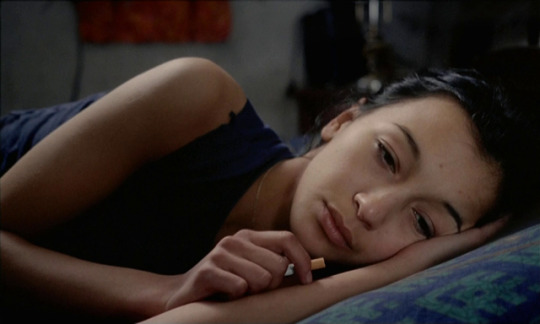
Ossos (Pedro Costa, 1997)
cinematography: Emmanuel Machuel
#vanda duarte#zita duarte#inês de medeiros#isabel ruth#pedro costa#ossos#portuguese cinema#portugal#lisbon#portuguese#criterion collection
76 notes
·
View notes
Photo
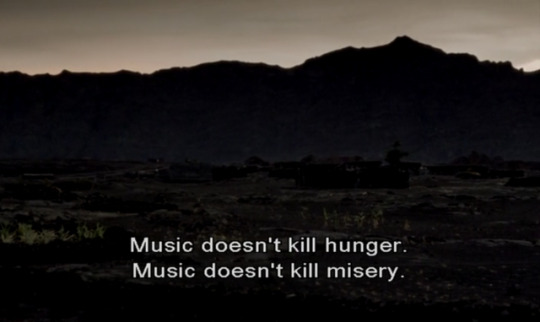
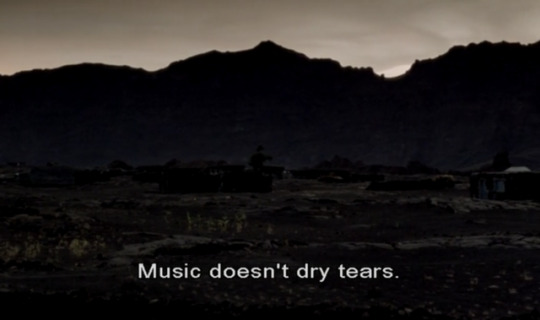
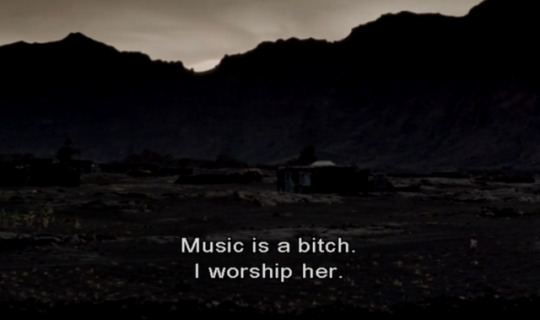
Casa de Lava (1995) dir. Pedro Costa
#casa de lava#down to earth#cinematography#emmanuel machuel#portuguese cinema#isaach de bankolé#ines de medeiros#quotes#aesthetic#film stills#movies
829 notes
·
View notes